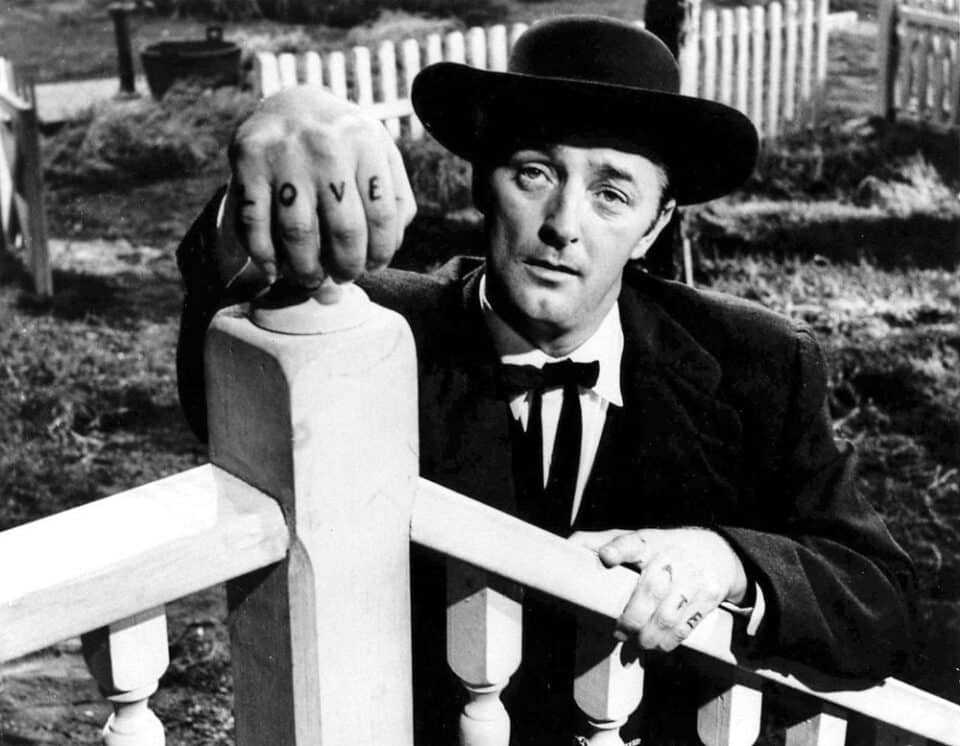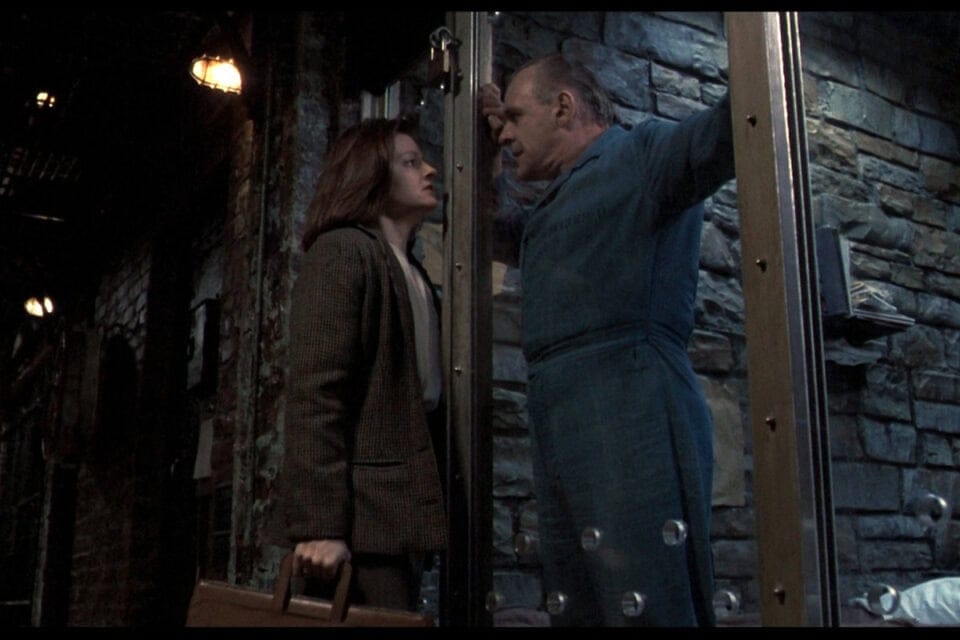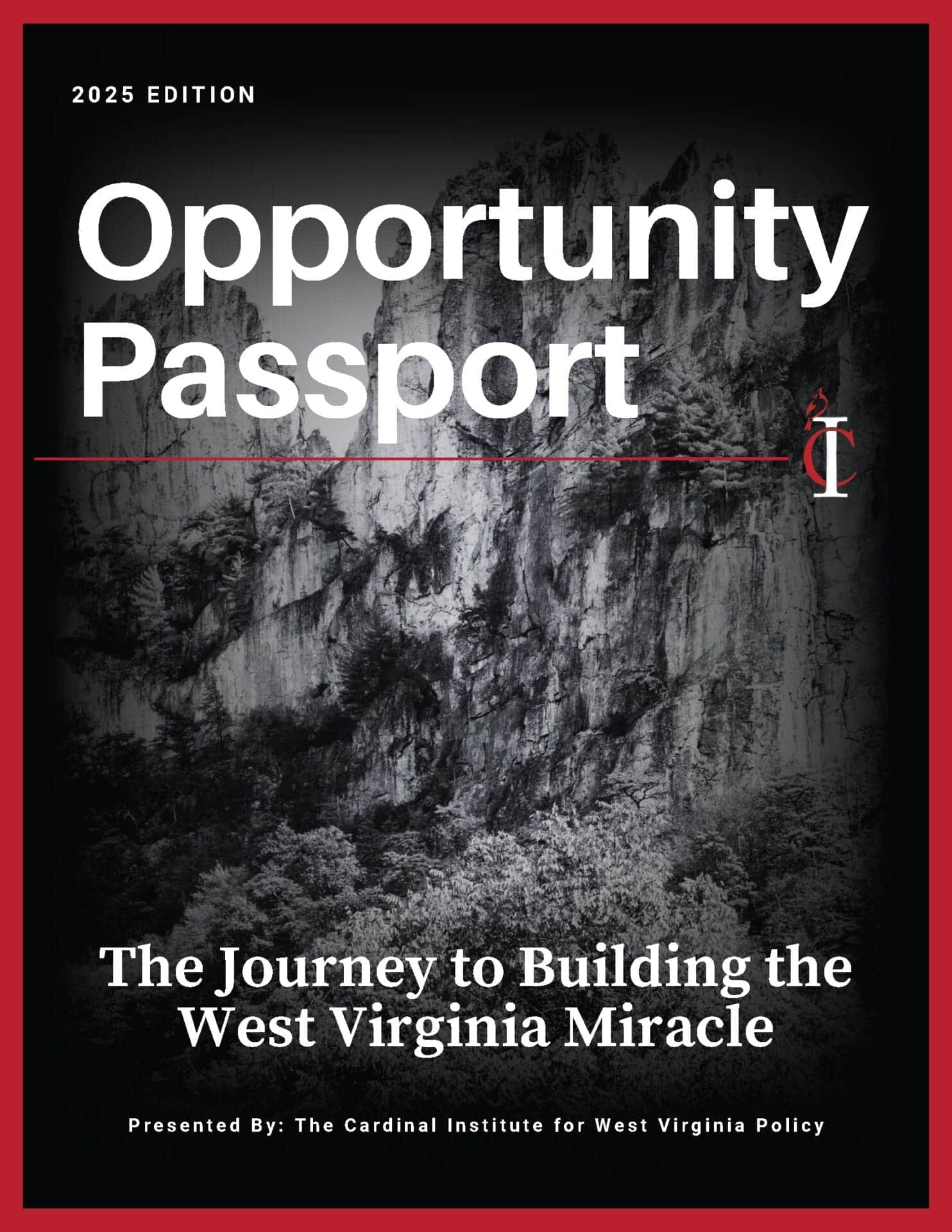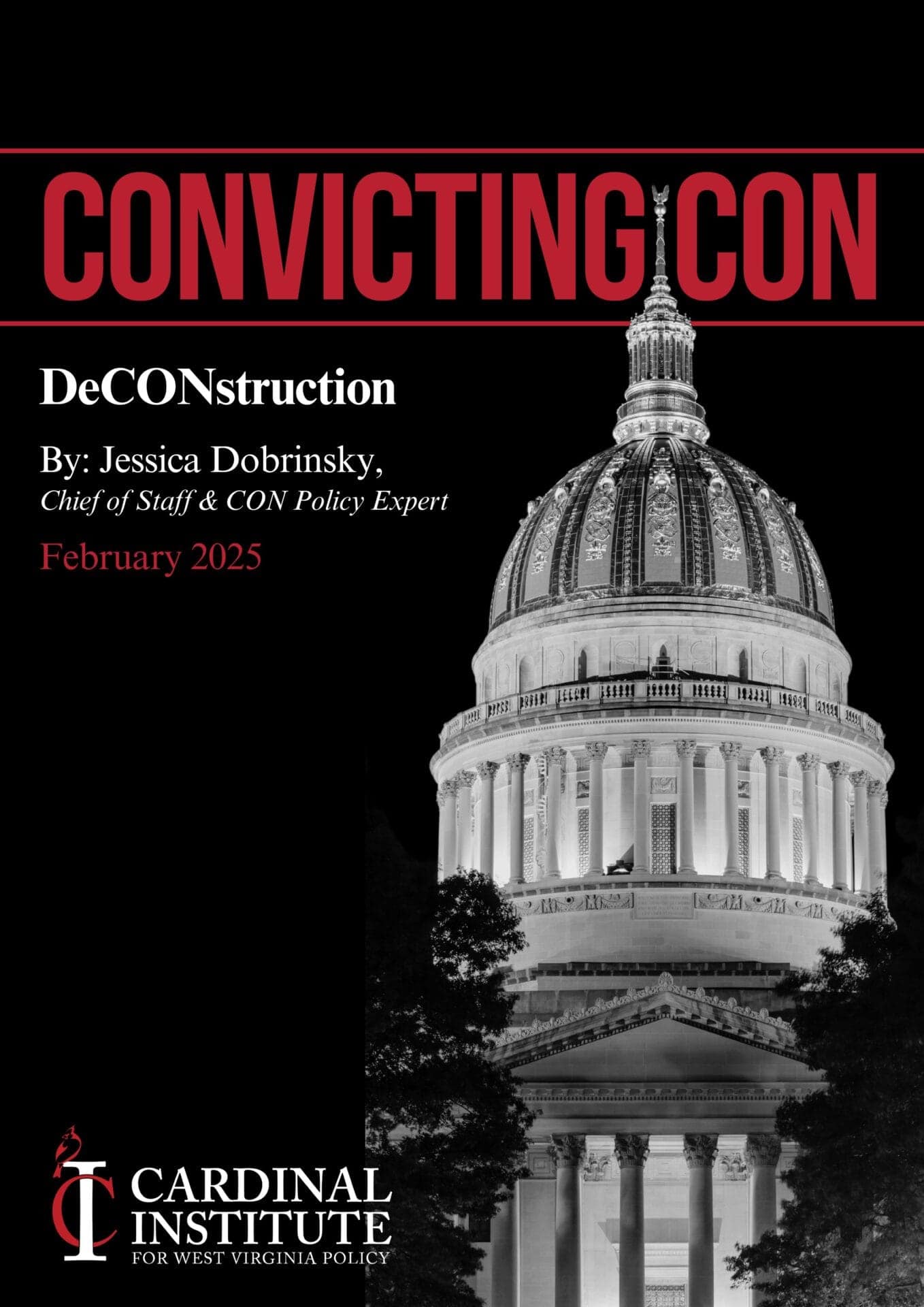
Ghoulish Governance: Policies That Are Scream-Worthy
Spooky Policies to Beware of
As Halloween creeps around the corner, let’s expose the ghosts of bad decisions past and unearth insidious policies lurking in the shadows of bloated bureaucracy. A few of these policies may appear innocuous on the surface. However, as many horror films demonstrate, sometimes the seemingly innocent ideas can harbor bone-chilling consequences.
Be warned fellow Cardinal’s Nest reader, we’re embracing the spirit of “spooky season” by comparing legislation to equally frightening iconic horror movies.

Civil Asset Forfeiture – The Night of the Hunter (1955)
Since 2021, West Virginia has ranked #43 in asset forfeiture by the Cato Institute’s Freedom in the 50 States Index. Civil asset forfeiture allows the government to legally seize personal property it claims is connected to illegal activity. Without charging or convicting the owner, law enforcement can take cars, houses, and cash from ordinary citizens, violating their civil liberties. As if the practice wasn’t sinister enough, law enforcement often uses the forfeited assets as funds to boost their budgets, incentivizing “policing for profit.”
Compelled by greed and violence, Charles Laughton’s cult classic “The Night of the Hunter” unfolds in West Virginia, where a self-proclaimed preacher, Harry Powell, commits atrocious acts. While imprisoned at the Moundsville Penitentiary, Powell discovers his soon-to-be-executed cellmate is leaving behind his wife, two children, and a large sum of cash. After his release, Powell cunningly manipulates the widow into marrying him and employs a twisted scheme in pursuit of the hidden money.
Both the film and this policy urge us to be wary of the hidden motives behind authority figures and institutions—while not all may be untrustworthy, some may act with malicious intentions.

Marriage Penalties – The Shining (1980)
“Here’s… a tax penalty!”
Albeit not as terrifying of delivery as Jack Nicholson’s original iconic line, it foreshadows a daunting sentiment. Many states subject married couples to increased tax burdens when they file jointly, contributing to financial strain on the couple.
While West Virginia has taken the necessary steps to reduce marriage tax penalties, there is still room for improvement.
Hypothetically, what if Wendy (expertly played by the late Shelley Duvall) becomes rightfully fed up with seclusion in an isolated hotel? What if she decides for the safety of her son to leave her husband, who’s descending into violent madness? As a single mother, if she receives government assistance for food and childcare, she may avoid remarrying. Her spouse’s salary may slightly exceed the maximum income level requirement, making her ineligible for necessary benefits. Out of fear of losing stability, this hinders her social mobility and a chance at a fulfilling life.
West Virginia lawmakers need to support families by bridging the gap between dependency and economic freedom.
Learn more about marriage-induced benefits cliffs by reading through Cardinal’s Dignity Project.

Certificate of Need (CON) Laws – The Silence of the Lambs (1991)
Similar to Dr. Hannibal Lecter manipulating those around him to assert control, CON laws regulate the healthcare industry by restricting competition for established providers. For too long, proponents of this egregious, anti-market regulation have concealed their underlying motives. They claim that CON laws ensure quality assurance and prevent duplicative services.
Like Dr. Lecter’s façade as a well-mannered, analytical psychiatrist hides his true nature, proponents present CON laws as a necessity for community health. This masks the horrific reality of the outdated policy’s consequences, such as:
- Limiting access to high-quality care
- Stifling innovation
- Driving up costs
- Bolstering monopolies
- Embracing cronyism
For an in-depth analysis of the horrifying truth of CON laws, check out Cardinal’s Convicting CON research paper.







